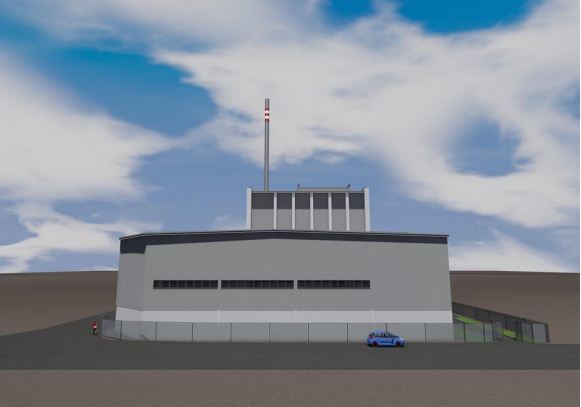Dundee city centre is ideally placed to benefit from an ambitious city-wide district heating system, a new report has claimed.
District heating sees a network of properties receive heat from the same source. It provides cheaper and greener heating for both homes and businesses.
A report prepared by Turned and Townsend and Ramboll for research programme Heat and the City, which promotes district heating schemes.
The report says there is scoped in Dundee for a “citywide network”. to provide low carbon heat across the city.
District heating schemes involve see hot water or steam pumped through a network of insulated pipes to provide heat to a number of different properties.
There are already a number of small scale schemes in operation in Dundee.
Dundee City Council installed a district heating scheme in the Dallfield multis.
This saw hot water pumped to flats on all 14 floors of the multi from central boilers.
Meanwhile, Dundee University has operated its own district heating scheme for decades.
But the report proposes a larger scale project that would take in heat from a range of possible sources.
These include the new incinerator planned for Baldovie, which is already set to provide steam to the Michelin factory, a “large scale” solar development on Riverside and heat pumps on the Tay.
According to the report, these would deliver heat to properties in the areas surrounding each generator.
The report estimates consumers would save around 10% on their fuel bills as a result of being connected to a district heating system.
Although district heating systems are growing in popularity, they are still rare in the UK.
The report states: “Dundee offers an excellent direct heating opportunity with existing heat networks, generation and density of demand.
“There are clear opportunities for development of clusters with future interconnection and scaling up to a citywide network.”
It said the next step in developing a city wide network would be for stakeholders to work with Dundee’s two universities to “realise an initial phase of direct heating development in the city centre.”
But it could be years before any citywide scheme is developed.
It would requite millions of pounds of investment and companies would not see a return on their money for several years.
German company MVV will build a new waste-to-energy plant at Baldovie that will supply steam to Michelin and electricity to the National Grid.
The new incinerator is expected to come online in three years.









